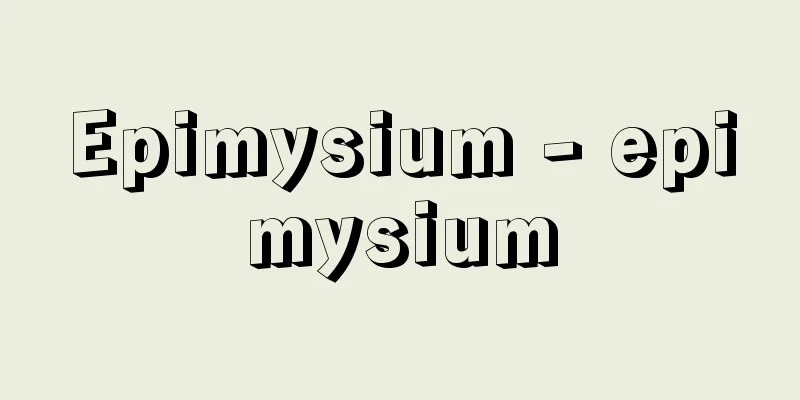Dogashima

|
This coast is located in Nishiizu Town, Kamo County, in the eastern part of Shizuoka Prefecture. It is the base for tourism on the west coast of the Izu Peninsula. The area is made up of white sandy tuff from the Shirahama Group, and has beautiful coastal topography created by wave erosion. There are a variety of small islands, such as Hebijima and Kamejima, the tombolo (sandbar) of Sanshirojima, the sea cliffs of Dogashima, and the sea cave of Tensodo. Tensodo Cave was designated a national natural monument in 1935 (Showa 10), and was created when the ceiling of a sea cave collapsed, creating a skylight. In 1937, the area south of Dogashima was designated a national place of scenic beauty as the southwest coast of Izu, and is also part of the Fuji-Hakone-Izu National Park. The number of tourist facilities has increased, with the development of hot springs in 1962 (Showa 37) and the opening of the Western Orchid Center (now Dogashima Orchid Village) in 1970. Tourist boats are available for sightseeing along the coastline. [Kitagawa Mitsuo] A group of small islands off the coast of Dogashima on the west coast of the Izu Peninsula. From the front, the photo shows Elephant Island (Denbeijima), Nakanojima, and Takashima. The area is known for the tombolo (a sandbar that connects Elephant Island to the mainland) that appears at low tide. It is included in the Fuji-Hakone-Izu National Park and is also part of the "Southwest Izu Coast," a nationally designated place of scenic beauty. Nishiizu Town, Kamo District, Shizuoka Prefecture © Shizuoka Prefecture Tourism Association "> Sanshiro Island A sea cave in Dogashima, a scenic spot in Nishiizu. The cave was formed by the sea eroding white tuff, and the ceiling in the center has fallen out like a skylight, creating a fantastical landscape. You can go through the cave on a pleasure boat. The Dogashima area is included in Fuji-Hakone-Izu National Park, and is also part of the nationally designated scenic spot "Southwest Izu Coast." Nationally designated natural monument Nishiizu Town, Kamo District, Shizuoka Prefecture © Izu Peninsula Geopark Promotion Council "> Dogashima Tensado Cave Source: Shogakukan Encyclopedia Nipponica About Encyclopedia Nipponica Information | Legend |
|
静岡県東部、賀茂(かも)郡西伊豆町にある海岸。伊豆半島西海岸観光の拠点となっている。一帯は白浜層群の白色砂質凝灰岩からなり、波食による海岸地形の風景美をもつ。蛇島、亀(かめ)島などの小島、三四郎島のトンボロ(陸繋砂州(りくけいさす))地形、堂ヶ島の海食崖(かいしょくがい)と天窓洞(てんそうどう)の海食洞など多彩で、1935年(昭和10)国の天然記念物に指定された天窓洞は、海食洞の天井が落ちて天窓を開けた形になったものである。1937年には堂ヶ島から南方が伊豆西南海岸として国の名勝となり、富士箱根伊豆国立公園の一部でもある。1962年(昭和37)温泉の開発、1970年洋ランセンター(現、らんの里堂ヶ島)の開設など観光施設も増加した。観光船による海岸景観の遊覧ができる。 [北川光雄] 伊豆半島西海岸、堂ヶ島の沖合いにある小島群。写真は手前から象島(伝兵衛島)、中ノ島、高島。干潮時に陸地と象島の間が地続きになるトンボロ(陸繋砂州)が現れる場所として知られる。富士箱根伊豆国立公園に含まれ、国指定名勝「伊豆西南海岸」の一部でもある。静岡県賀茂郡西伊豆町©静岡県観光協会"> 三四郎島 西伊豆の景勝地堂ヶ島にある海食洞。白い凝灰岩が海食されてできた洞窟で、その中央部の天井が天窓状に抜け落ち、幻想的な景観をつくりだしている。洞内は遊覧船で通ることができる。堂ヶ島一帯は富士箱根伊豆国立公園に含まれ、国指定名勝「伊豆西南海岸」の一部でもある。国指定天然記念物 静岡県賀茂郡西伊豆町©伊豆半島ジオパーク推進協議会"> 堂ヶ島天窓洞 出典 小学館 日本大百科全書(ニッポニカ)日本大百科全書(ニッポニカ)について 情報 | 凡例 |
<<: Peach blossom petals - Touka Iyo
Recommend
Odaiba - Odaiba
(Minato and Koto wards, Tokyo) A tourist attractio...
sandhya (English spelling)
...This effect is especially strong on festival d...
Oe clan - Oeuji
Originally the Oe clan. The name comes from the p...
Kounelis, J.
After the Second World War, Renato Guttuso (1912-...
The Complete Book of Buddhist Literature in Japan
This is a series of Buddhist books written in Jap...
Bonasa bonasia (English spelling) Bonasabonasia
...On foggy days, they often emerge from the pumi...
Photo detector - Hikarikenshutsuki (English: photo detector)
A light-detecting element or device that uses the ...
International code of zoological nomenclature
…A Latin name given to organisms to confirm their...
Kensuke Oka - Kensuke Oka
1799-1839 A doctor in the late Edo period. Born i...
Kasuga Mandala
Mandalas are representative paintings of Shinto a...
Timbales (English spelling)
A percussion instrument used in Cuban music. It is...
Hartsfield International Airport
…Located 16 km southwest of the city on the Pacif...
Bengal rose (English spelling)
… [Roses introduced after the Renaissance, the an...
Iwami Plateau
This plateau stretches across the western part of...
Ginsburg, Ruth Bader
Born: March 15, 1933, Brooklyn, New York [Died] Se...









